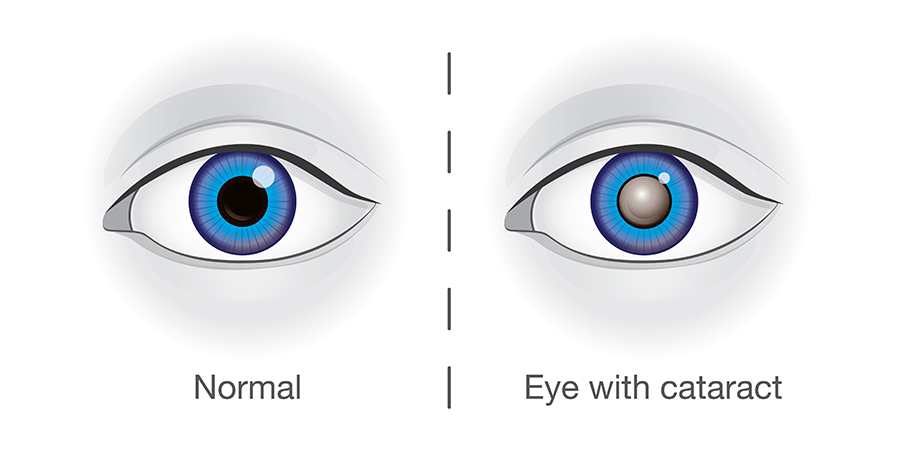Cataract Treatment in Wakad
Cataract Treatment
If you have symptoms that could point to a cataract, see an eye doctor (ophthalmologist). The eye doctor uses special eye drops to dilate (widen) your pupil. Then they look inside your eye with a slit-lamp microscope. They’ll also perform refraction (vision prescription) and acuity (eye chart) tests on both eyes to check your vision’s clarity and sharpness. Sometimes an eye doctor can see early changes before you have noticeable symptoms. This reinforces the importance of routine eye exams. Early diagnosis means early treatment, and that may prevent or delay serious vision loss.
Dr. Farida Ravat at Anmol Eye Clinic provides an effective Cataract treatment in Wakad. Anmol Eye Clinic specializes in diagnosing Cataract and Retina Surgery and serves as an eminent provider of routine eye care

Everyone with nuclear sclerotic cataracts has a different experience. Some people aren’t bothered by them, while others’ vision is severely affected. Treatment can help preserve your vision. A doctor generally suggest surgery when cataracts of any type significantly impact your life or make you unable to drive. Cataract surgery involves removing the cloudy lens and replacing it with a clear synthetic one that is created especially for your eye. It is considered safe for most people. If you have cataracts in both eyes, they will probably be removed during separate procedures done about a week apart. There are many types of intraocular lenses available, a doctor can suggest which could be best for you.
Symptoms
Cataracts are a common part of the eye’s aging process. Eventually, they can cause:
- Vision that’s cloudy, blurry, foggy or filmy.
- Sensitivity to bright sunlight, lamps or headlights.
- Glare (seeing a halo around lights), especially when you drive at night with oncoming headlights.
- Prescription changes in glasses, including sudden nearsightedness.
- Double vision.
- Need for brighter light to read.
- Difficulty seeing at night (poor night vision).
- Changes in the way you see color.
Causes
Some things can speed up the formation of cataracts, such as:
- Diabetes.
- Steroids, common medications to treat conditions like arthritis and lupus.
- Phenothiazine drugs such as chlorpromazine (Thorazine®), used to treat a variety of conditions such as schizophrenia and bipolar disorder.
- Eye surgery or eye injuries.
- Radiation treatment to your upper body.
- Spending a lot of time in the sun without eye protection, like sunglasses.
